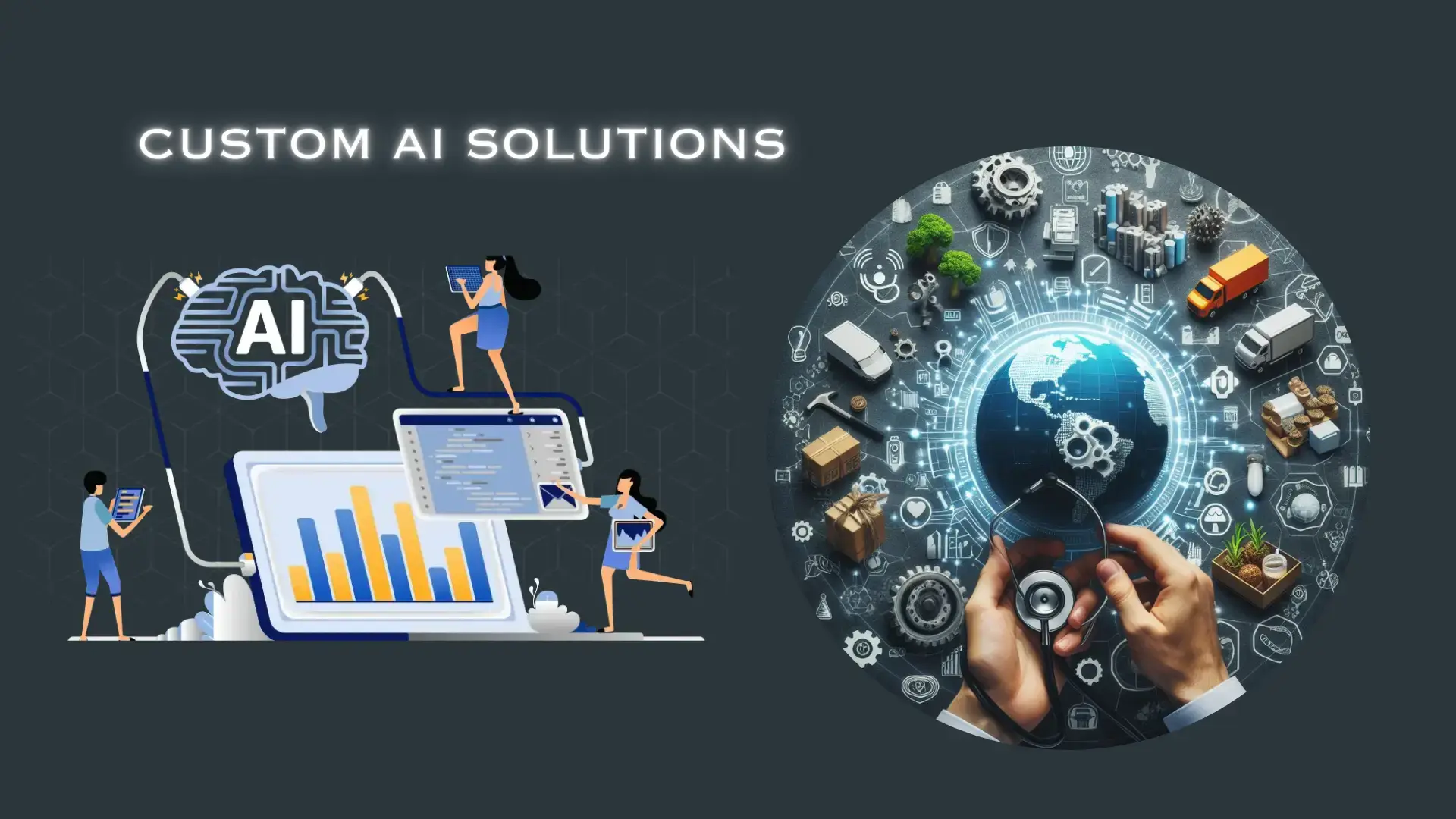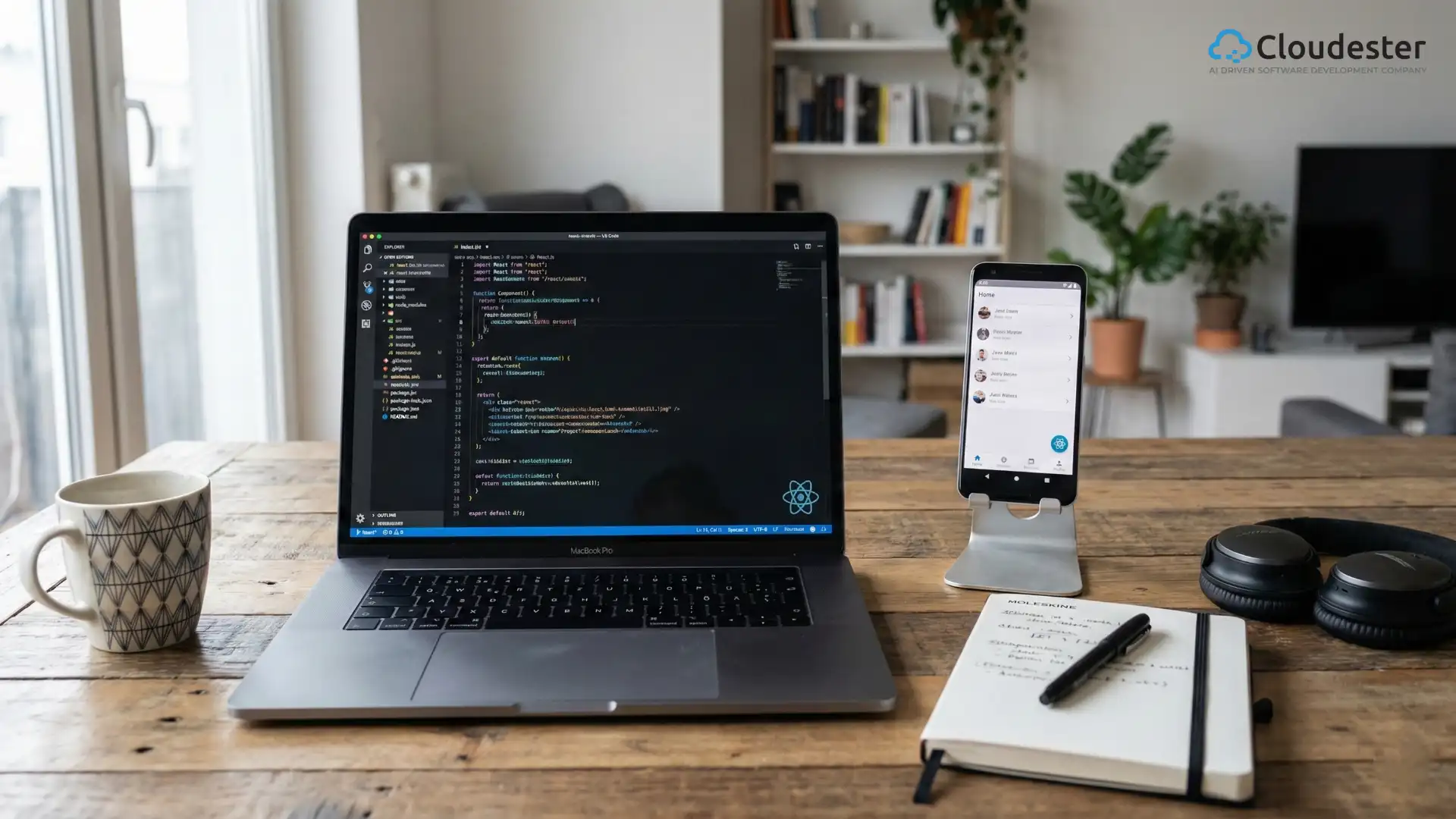Navigating Success: A Strategic Guide to Custom AI Solutions

Artificial Intelligence can deliver automation, insight, and smarter decisions across industries. However, off the shelf AI often misses domain specifics. Therefore, custom AI solutions are the better fit when your needs are unique. Below is a practical guide to the common challenges and how to address them.
1. Fix data quality and availability first
AI depends on data. If your data is incomplete, inconsistent, or biased, the model results will be unreliable.
To act on this problem:
- Clean and normalize data before modeling.
- Implement data governance and lineage so you can trace where data came from.
- Enforce compliance with relevant rules such as GDPR or HIPAA when handling personal data.
- Validate inputs with automated checks to reduce noise and errors.
2. Reduce technical complexity with phased integration
Integrating AI into legacy systems adds complexity. To reduce risk:
- Start with a small pilot that targets a single, high value use case.
- Use well documented APIs and cloud services to decouple AI components from core systems.
- Make integration incremental so you learn early and limit disruption.
- Assign a cross functional team that includes business owners, data engineers, and DevOps.
3. Build ethical controls and governance
AI can introduce bias or privacy problems if left unchecked. To manage this:
- Define an AI ethics policy that guides design choices.
- Implement explainability practices so decisions can be audited.
- Run fairness and bias tests during model validation.
- Maintain logs and version control for models and data sets.
Custom AI Software Development Solution For Enterprises
4. Plan for ROI and cost transparency
AI can be expensive if the scope is unclear. Therefore:
- Define success metrics up front. For example, reduction in handling time or increased conversion rate.
- Choose small pilots that can produce quick wins and measurable ROI.
- Consider AI-as-a-service to lower initial capital outlay.
- Track costs and benefits continuously and adjust scope if results do not meet targets.
5. Involve stakeholders early and often
AI projects touch people, processes, and systems. To secure adoption:
- Engage leadership, end users, and IT from the beginning.
- Run workshops to set expectations and to collect real world user needs.
- Provide hands on training and clear documentation for users.
- Address workforce concerns by focusing on upskilling and role evolution rather than replacement.
6. Monitor and iterate continuously
AI is not a one time deliverable. To keep models healthy:
- Deploy monitoring dashboards for performance and data drift.
- Retrain models when new patterns appear or accuracy drops.
- Schedule ethical and security audits at regular intervals.
- Maintain an operations playbook for rollback and incident response.
Practical implementation checklist
- Define the problem and success metrics before coding.
- Collect and curate the data you actually need.
- Prototype rapidly and measure early.
- Secure data and model pipelines.
- Put explainability and audit trails in place.
- Scale progressively once KPIs show clear gains.
How a technical partner can help
A seasoned AI partner brings a combination of domain knowledge, engineering skills, and delivery experience. For example, a partner can:
- Run discovery to align AI use cases with business priorities.
- Deliver end to end systems from data ingestion to production monitoring.
- Provide model governance and secure hosting.
- Offer ongoing support and continuous improvement.
If you prefer to keep the work internal, then at minimum hire data engineering and model ops expertise early. Otherwise, partner with a vendor who can show relevant case work and references.
Conclusion
Custom AI delivers higher impact when it is planned, ethical, measurable, and iterated. By focusing first on data quality, then on small pilots, and then on robust monitoring and governance, you reduce risk and increase the likelihood of meaningful returns.
If you would like, we can convert this into a one page checklist, a slide deck for stakeholders, or a pilot plan template you can use immediately.









